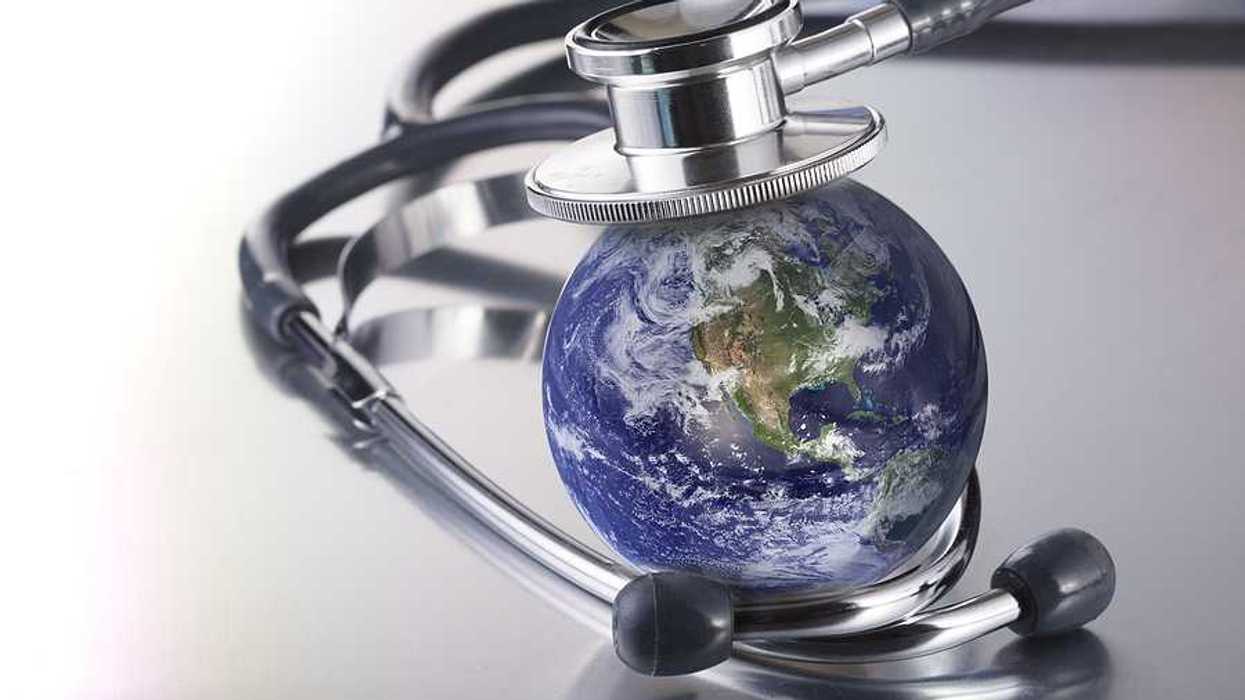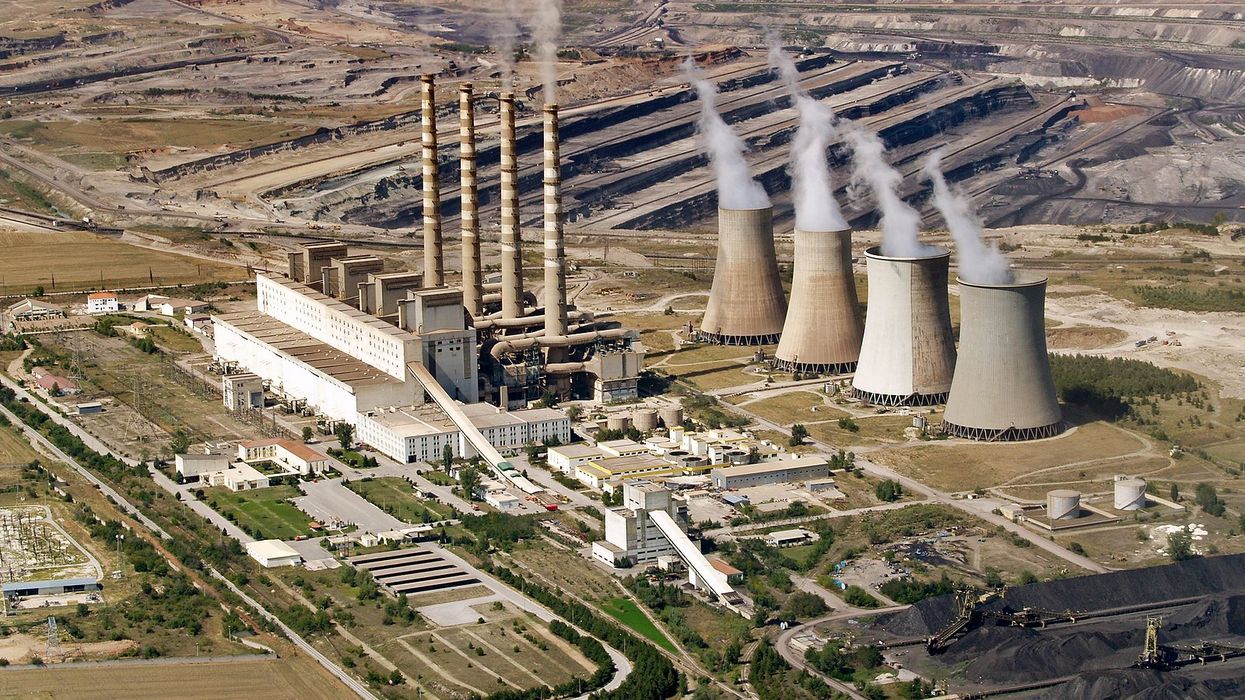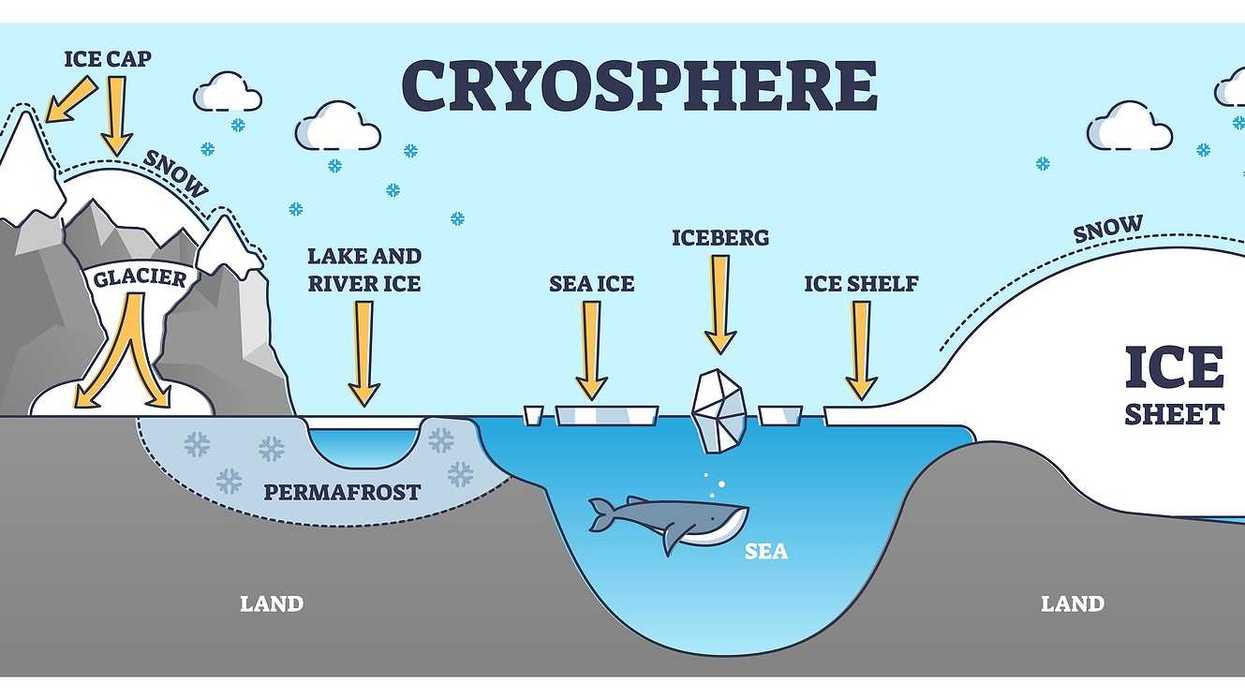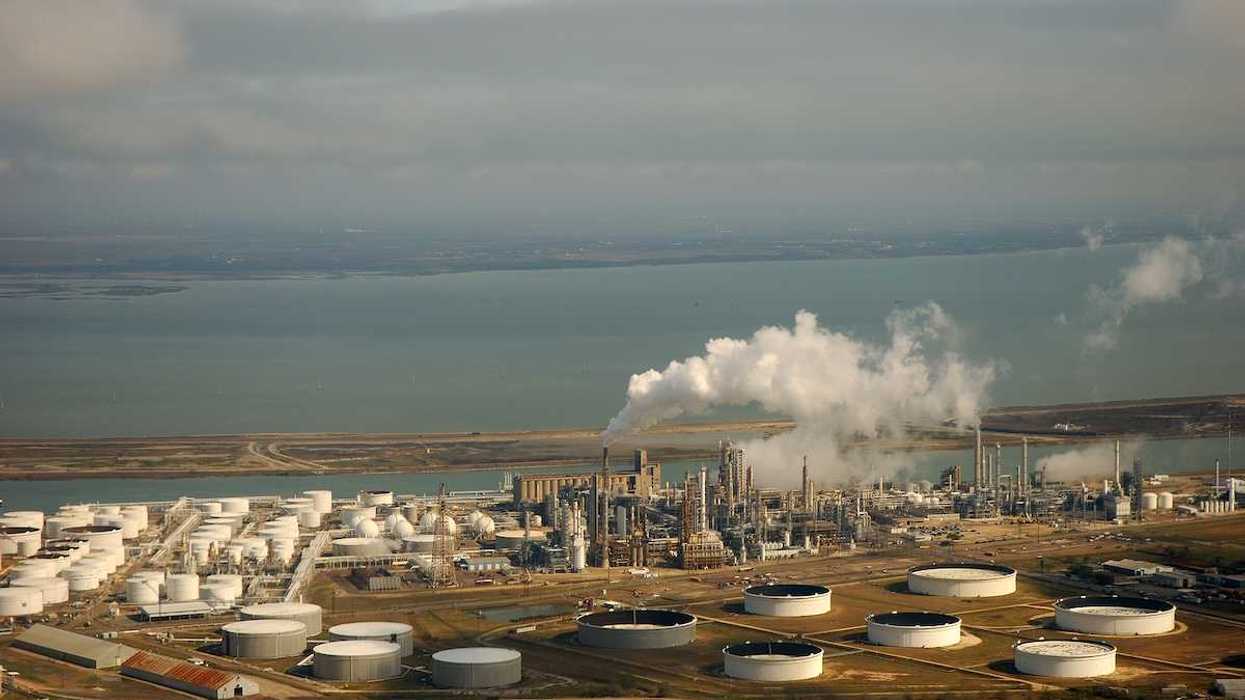More than 1,100 people in the UK developed lung adenocarcinoma in 2022 due to air pollution, according to a new analysis by the World Health Organization’s cancer agency.
Andrew Gregory reports for The Guardian.
In short:
- The International Agency for Research on Cancer found air pollution caused 515 lung adenocarcinoma cases in men and 590 in women in the UK in 2022.
- The UK’s rate of air pollution-linked adenocarcinoma was higher than in the U.S. and Canada and four times higher than Finland.
- Health experts and charities urge the government to set stricter air pollution targets, warning of continued health risks without action.
Key quote:
“This data is as equally shocking as it is important. We have always been aware that air pollution increases the risk of lung cancer, but we can now see how stark the impact truly is.”
— Paula Chadwick, chief executive of Roy Castle Lung Cancer Foundation
Why this matters:
Lung cancer has long been associated with smoking, but a growing body of research points to another culprit lurking in plain sight: air pollution. While smoking rates have declined in many countries, lung cancer remains the leading cause of cancer deaths worldwide. The rise of cases in nonsmokers has caused experts to rethink long-held assumptions about who is at risk. In cities with severe air pollution, the stakes are even higher. Studies have linked higher lung cancer rates to long-term exposure to polluted air, particularly in urban centers where emissions from traffic and industry are hardest to escape.
Related: Cancer in Pittsburgh: Prevention lags as pollution persists














